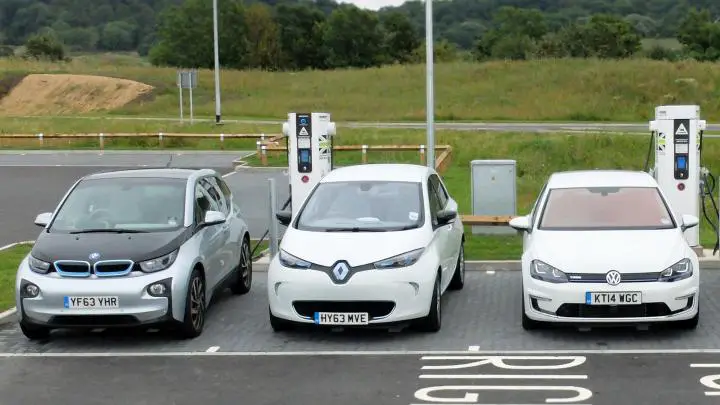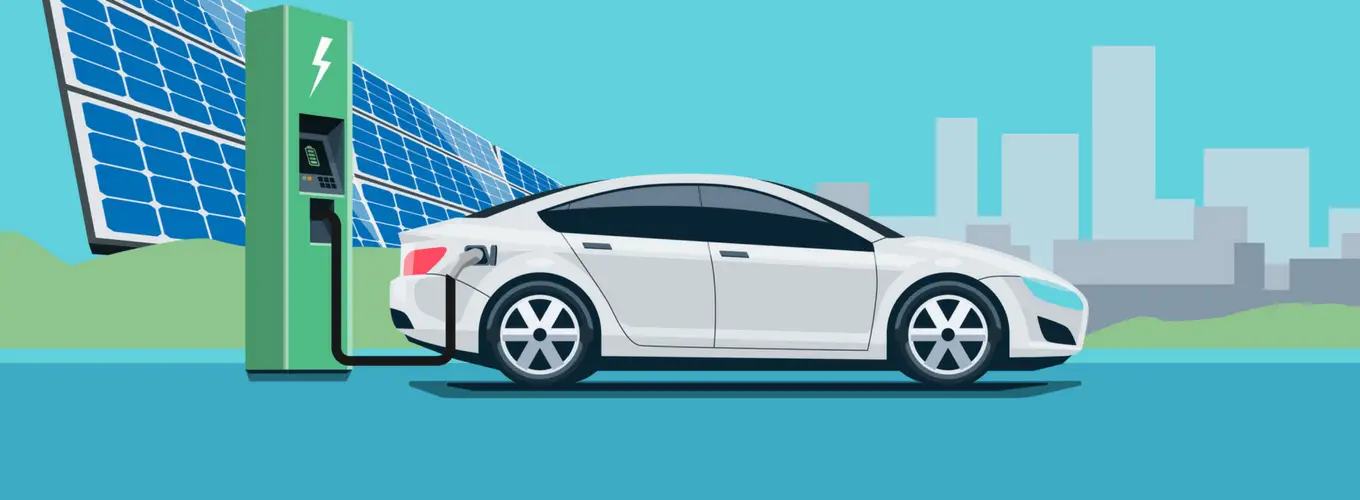How EVs will help deal with the high cost of living.
The rising cost of living is having an impact on us all, with soaring food and energy costs hitting households globally. For example, in UK the Bank of England is warning that inflation could reach 10% by the end of the year


The rising cost of living is having an impact on us all, with soaring food and energy costs hitting households globally. For example, in UK the Bank of England is warning that inflation could reach 10% by the end of the year, with the Consumer Price Index inflation in the UK already reaching 9% in May 2022, the highest it has been for 40 years.
The continuing high cost-of-living crisis affects many of us therefore finding ways to save in our daily lives. Car owners have been hit particularly hard due to the spiraling prices of petrol and diesel and many are now considering the option of an electric vehicle. New petrol and diesel cars will be phased out completely by 2030 so whether we like it or not we are all going to have to go electric at some point.
Naturally, there is sharp upwards trend for the demand for fully battery electric cars (BEVs) and plug-in hybrids (PHEVs). Switching to an electric vehicle really help the average car owning household to save money, especially with energy prices rising too.
It’s important to weigh up all the facts. Electric cars are typically more expensive to buy than their traditional fossil-fueled counterparts, so the initial outlay is greater. The reason for this, is that electric cars require more expensive technology and batteries, making them quite different to an internal combustion engine (ICE) vehicle. Industry data suggests that there are an increasing number of used EVs becoming available too. Auto Trader recorded a 65% increase in used EV advert views in Q1 of 2022. Although buying an electric car may be preferential, leasing an EV could be another avenue to explore.
Electric vehicles are little pricier but more cost saving advantages attached that can help to claw back any initial upfront costs. Fully electric cars will end use of expensive petrol and diesel, no more filling up at the pump. It is one of the ways of saving money. If you take the average cost of charging an electric car at around £15, providing in the region of 200 miles range, and then compare this to the current price of petrol which is currently (August 2022) around 152.135 shillings per litre and 133.220 shillings per litre for diesel, then it becomes apparent how savings can be made in fuel costs. And the more miles you normally drive, the greater the potential savings can be, especially when this is calculated over a longer period of time.
But, electricity prices, like other forms of energy, are rising sharply too and will vary according to the provider, and tariff. That is where the electric car owner can be savvy in how and when they charge their vehicles.
Most EV owners invest in a home charge point. The increasing popularity of electric cars has also led to an ever-growing number of companies offering home charge point installation services. When you consider that there are an estimated 460,000 EVs currently in the UK and around 300,000 home charger points installed, it is not difficult to see how the EV charging installation business is fast-evolving (source: Volkswagen Financial Service report).
EV charge point installation costs vary according to the supplier, and the level of electrical work required. You may need to upgrade your household electric to safely cope with the additional power requirements for the charger, which inevitably leads to a higher costs. Some chargers can be solar powered which has the added environmental and economical benefit of using totally renewable energy.
Charging overnight during off-peak charging times is more economical. Smart charging can also be beneficial, with intelligent energy tariff integration. This, in simplistic terms, enables your car to communicate with the grid, taking electricity when demand is lower (such as during the night) or when there is plentiful renewable energy on the grid. In other words, charging at off-peak times when energy rates are cheaper.
For those who don’t, or can’t, charge their EVs at home, the cost of charging a car is higher. Some malls and supermarkets have introduced charge points, allowing customers to charge their cars while they shop. The same applies to some workplaces. It’s a good way of topping up your EV and taking advantage of some free electricity. It is worth remembering that EVs have regenerative braking so driven in the right manner, can actually harvest ‘free’ miles to extend the range.
Aside from energy, there are other cost savings to be gained from owning an EV. Road tax is charged based on a scale of CO2 emissions. There is currently no road tax to pay on zero-emission cars, so this is another way that owning an EV can be more economical.
With all these factors into consideration, there are many benefits and cost-savings associated with EV ownership, while also supporting the greater goal of reducing air pollution and protecting the environment.
Source:
i) EVIOS (2022) How an Electric Vehicle can Ease the Cost of Living




